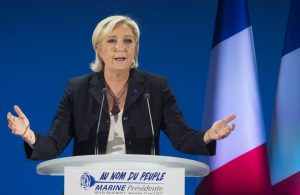
How ‘Frugal Innovation’ Can Fight Off Inequality
ESB Professional/Shutterstock
Jaideep Prabhu, Cambridge Judge Business School
Inequality is the defining social, political and economic phenomenon of our time. Just 1% of the world’s population now holds over 35% of all private wealth, more than the bottom 95% combined. Bad as this may seem, trends suggest that the situation will only get worse.
Continue reading →









